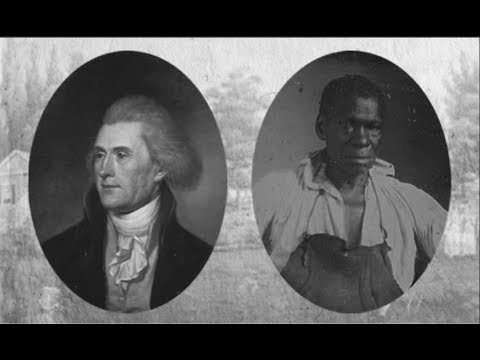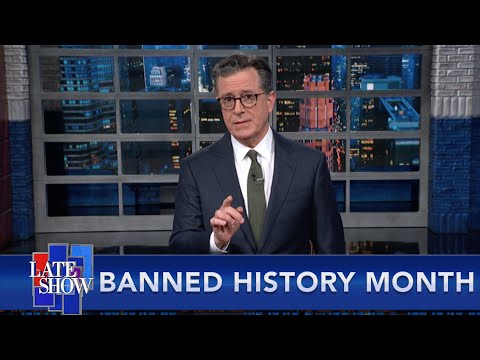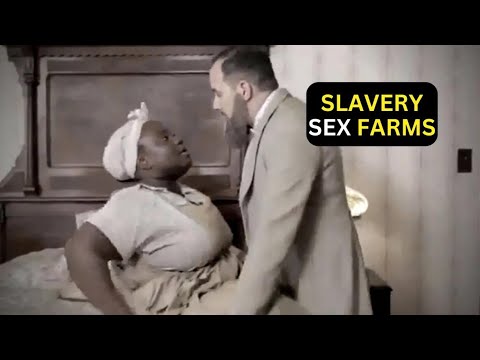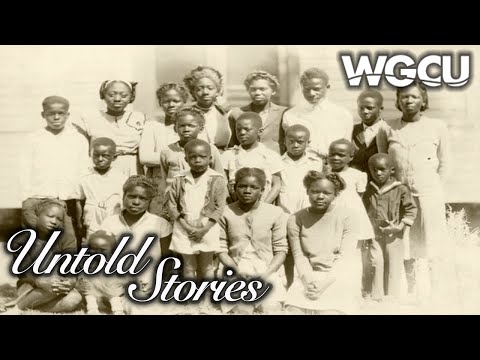1. Lewis Howard Latimer: An innovative electrical engineer and inventor, Latimer made vital contributions to the development of the incandescent light bulb and worked with Thomas Edison.
2. Garrett Morgan: Known for his invention of the three-position traffic signal and the gas mask, Morgan’s inventions played a crucial role in public safety.
3. Marie Van Brittan Brown: Frequently overlooked by history books, she developed the home security system with cameras and remote monitors that laid the foundation for modern-day CCTV systems.
4. Jan Ernst Matzeliger: A Surinamese-born inventor, Matzeliger patented a shoe lasting machine that revolutionized the footwear industry.
5. Granville T. Woods: Often referred to as “Black Edison,” Woods invented numerous electrical devices like induction telegraph systems and an automatic air brake for trains.
6. Sarah E. Goode: As one of the first African American women to hold a patent, Goode invented a foldable cabinet bed—ushering in space-saving furniture designs that continue to be widely used.
7. Alexander Miles: Miles made elevator travel much safer by inventing automatic doors that automatically closed off elevator shaft openings when a car was not present—revolutionizing public transport safety.
8. Valerie Thomas: An accomplished scientist at NASA, Thomas invented an illusion transmitter using concave mirrors—an advancement with practical applications in television and surgery alike.
9. Elijah McCoy: Known for his inventions regarding lubrication systems for steam engines and trains—a critical development impacting locomotive efficiency—McCoy became famous for the phrase, “the real McCoy.”
10. Otis Boykin: With multiple patents to his name, Boykin invented a control unit for the pacemaker, making it more affordable and accessible—a significant contribution in medical technology.
11. Lonnie G. Johnson: A former NASA engineer, Johnson invented the Super Soaker—a toy that became one of the most popular water guns in history.
12. Dr. Patricia Bath: The first African American woman to secure a patent for a medical invention, Bath pioneered laser cataract surgery—an innovation that has restored sight to millions around the world.
13. Lewis Temple: An African American blacksmith, Temple is responsible for inventing a whaling harpoon design that revolutionized hunting techniques and made whale hunting safer.
14. Philip Emeagwali: Often referred to as “the father of the internet,” Emeagwali made significant contributions to the development of computer technology—particularly through his work on parallel processing.
15. Fredrick McKinley Jones: Jones invented numerous refrigeration technologies, including portable coolers and refrigeration systems for trucks—transforming the ability to transport perishable goods over long distances and aiding the growth of modern-day grocery chains.
Each of these inventors has left an indelible mark on their respective fields, effecting remarkable changes through their innovations and contributions. Sadly, their stories have often been neglected or suppressed in traditional education settings. Recognizing the achievements of these inventors helps provide a more complete picture of history while inspiring future generations to overcome barriers and strive for greatness irrespective of race or background.
It is vital that we continually revisit our educational systems’ content, diversifying it to include often-ignored narratives and recognizing the invaluable contributions made by black inventors throughout history. Empowering marginalized voices allows us all to truly comprehend how much diversity has shaped our world—and how much potential lies within humanity’s collective accomplishments when all voices are heard and celebrated.





